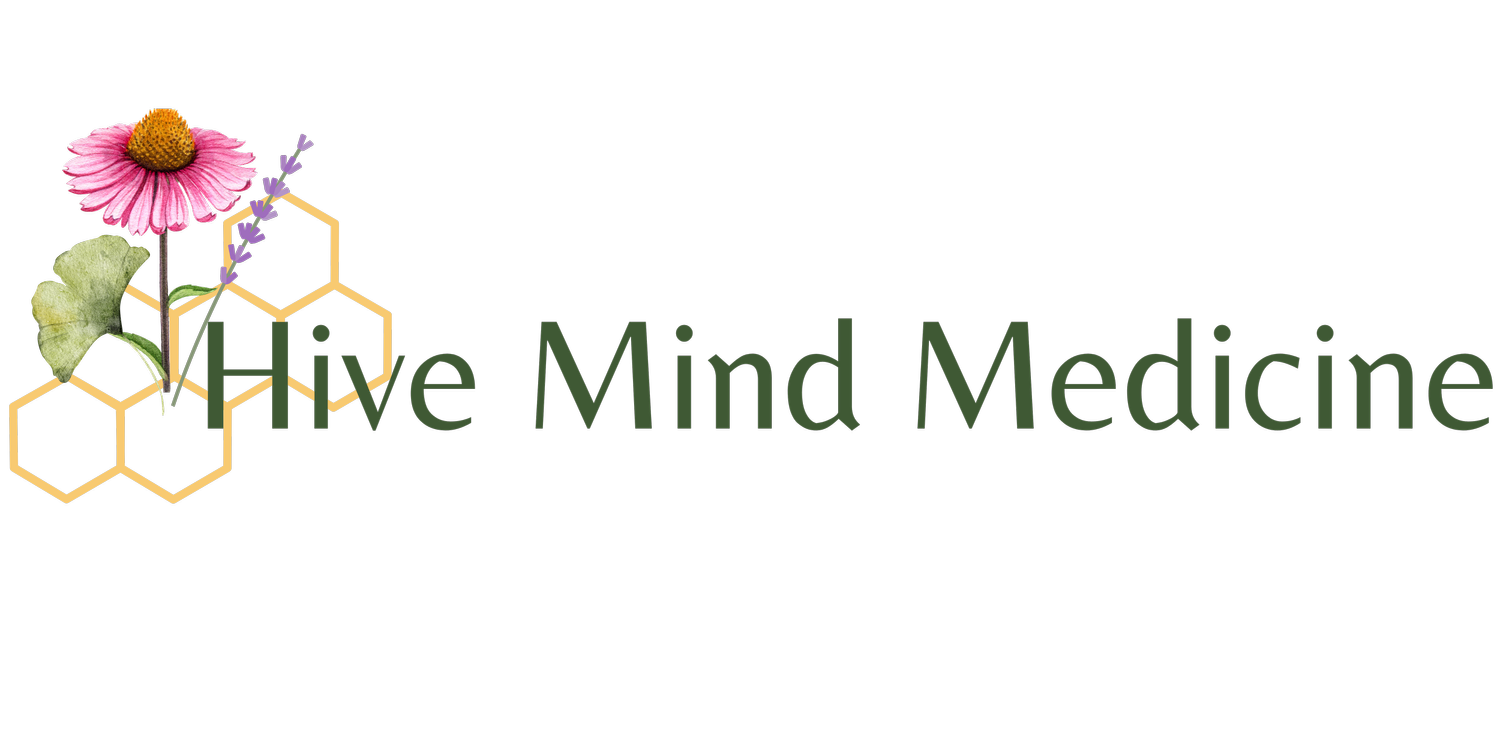An ode to mustard
by Cameron Craw
Have you ever been sharing a side of french fries with family or friends when the following question arises: what is the best condiment to use as a fry sauce? Do you prefer the classic combination of ketchup and fries? Or is ranch dressing more your style? How about barbecue sauce, or even mayonnaise? Do you ever consider mustard in your deliberations?
For many people, mustard doesn't even make it onto the list of reasonable choices; however, it is my first choice every time. In fact, my passion for mustard extends far beyond its use as a delicious french fry condiment. I find myself utilizing it in at least one of my meals every day. Why do I love mustard so much? well it is definitely not the sweetest or richest of the dipping sauces. Most of its pungent and tart flavor comes from the mustard seed itself, along with the vinegar used to preserve it. Among common condiments, I specifically love mustard for its low sugar content, its ability to appreciably enhance the flavor of an otherwise bland meal, and its impressive ability to support digestion.
Mustard seeds are rich in glucosinolates that, through common culinary preparations, breakdown into the isothiocyanates (mustard oils) responsible for the typical spicy and bitter taste of the seed. In combination with the acidity of vinegar, the taste buds and subsequent digestive tract are 1 confronted with a constituent profile known to up-regulate digestive secretions. This increase in secretions can be most easily observed in the mouth in the form of increased saliva production. To the diner's delight, this stimulatory effect continues throughout the upper gastrointestinal tract leading to more thorough breakdown and assimilation of nutrients. What more could you ask for from a humble condiment?
You can easily purchase a wide variety of mustard preparations at your nearest grocery outlet, but if you're interested in trying your hand at a homemade batch, I've included a modified a Mountain Rose Herbs' honey mustard brandy recipe to get your creative juices flowing.
Coriander Honey Mustard
Ingredients
6 tablespoons organic yellow mustard seeds
2 tablespoons organic brown mustard seeds
1 tablespoon whole coriander seed
2/3 cup organic apple cider vinegar
1/3 cup water
1/4 cup local honey
1 1/2 teaspoons fine sea salt or Himalayan salt
Directions
Combine mustard seeds, coriander seed, water, and vinegar in a bowl and stir well to completely submerge the seeds.
Cover and allow to soak at room temperature for 3 days.
After 3 days, pour the mixture into a blender, add honey and salt, and blend until smooth. Store in a sealed jar and refrigerate.
NOTE: The recipe is still delicious if the honey is omitted.
Lietzow J. Biologically Active Compounds in Mustard Seeds: A Toxicological Perspective. Foods. 1 2021;10(9):2089. Published 2021 Sep 3. doi:10.3390/foods10092089
